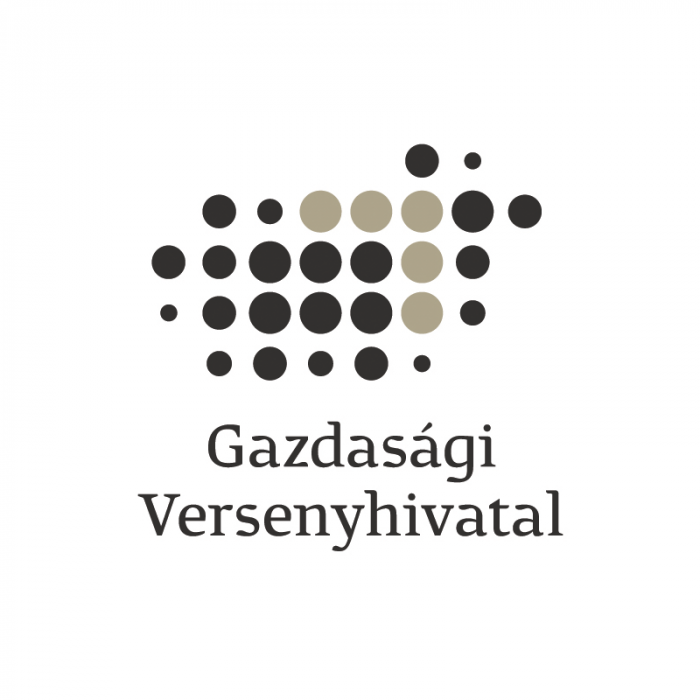'They look at the woman first'

Although the traditional stereotypes still stand, women do not necessarily have less opportunity than their male colleagues; at least those privileged enough to work for a company that pays attention to equal treatment of its employees regardless of their race, age or gender. While company policies usually contain these mandatory guidelines, implementing them in a firm’s everyday operation is a very different story.
According to a recent survey published by the Economist Intelligence Unit, the narrowing gap between male and female employment has accounted for a quarter of Europe’s annual GDP growth since 1995. While the global situation still appears dire, with nearly one-half of working-age women not currently active in the formal global economy, wherever women have access to proper education, are appropriately empowered and have the right tools, they become huge contributors, if not the most important drivers of economic performance.
While the overall Women’s Economic Opportunity (WEO) score introduced by the Economist ranks Hungary as 21st out of the 128 countries surveyed in 2012, placing it only one position behind Luxembourg and two places behind Switzerland, the relatively favorable position doesn’t mean that the area is free of challenges.
“Implementation of gender equality policies is weak in nearly every country in Eastern Europe and Central Asia,” the study observes. “Laws prohibiting discrimination in employment, property ownership, reproductive health and mobility exist, but they lack adequate monitoring and enforcement mechanisms.” the study observes.
On the other hand, Hungary’s overall score of 74.9 (a score on a scale of 1-100 calculated using a range of analytical tools) is only outperformed by Lithuania and Slovenia from the East European and Central Asian region, with scores of 77 and 76.2 respectively, which bathes the country in a good comparative light. It also suggests that workingwomen are relatively well off if they plan on achieving business success in Hungary.
“I guess I was simply lucky from this respect all through my career thus far,” says Marinetta Molnár, director of HR and Communications at the Hungarian branch of Europ Assistance. An agile woman in her late 20s, yet a top executive already, the director has both personal experience and a professional overview on the subject of gender equality. She insists that she has never had any problems or extra challenges that resulted from being a woman in a playground dominated by men. “Ultimately, it all boils down to one’s character and attitude, whether one can succeed or not,” she says, emphasizing that this is only her personal experience, and that her professional views are somewhat different. “I am perfectly aware that things, often, are not as bright as my example may show, and sometimes it is not very simple for a woman to build a career or to accomplish business successes,” she says.
A typical challenge, especially for a young and decorative woman, arises when female members of the HR staff interview her: more often than not, they will treat the candidate as a potential threat, or at least a future competitor. According to various HR professionals, woman-to-woman contacts carry the biggest risk at workplaces, both in personal relationships and group dynamics.
“It is solely professional excellence that makes reputation unquestionable,” opines Molnár. “Quite naturally, both male and female colleagues will look at the woman first. Some women, then, learn to use it, others attempt to abuse it, but I think that this is the way it’s meant to be. It’s a very typical scenario, for example, that a man will shake my hand very firmly at the beginning of an interview, then gradually ease off, and end up offering a dead fish handshake at the end. It’s not necessarily toughness, but you definitely need a good deal of confidence to deserve that,” she says.
Enforcing interests in demanding situations, for example at a meeting or when negotiating with a business partner, can be another challenge for female employees. Especially, since equal treatment obviously means that toughness is acceptable from both sides. And while all HR professionals agree that women should stick to certain characteristics, most importantly to being sensitive and empathic within reason, weakness is not, by any means, to be tolerated. “A woman has to remain flexible and empathic, and cannot be cruel when the other is in a difficult situation,” Molnár explains. “I think that self-knowledge is an often overlooked but crucially important factor in achieving this,” she concludes.
SUPPORT THE BUDAPEST BUSINESS JOURNAL
Producing journalism that is worthy of the name is a costly business. For 27 years, the publishers, editors and reporters of the Budapest Business Journal have striven to bring you business news that works, information that you can trust, that is factual, accurate and presented without fear or favor.
Newspaper organizations across the globe have struggled to find a business model that allows them to continue to excel, without compromising their ability to perform. Most recently, some have experimented with the idea of involving their most important stakeholders, their readers.
We would like to offer that same opportunity to our readers. We would like to invite you to help us deliver the quality business journalism you require. Hit our Support the BBJ button and you can choose the how much and how often you send us your contributions.




.jpg)



